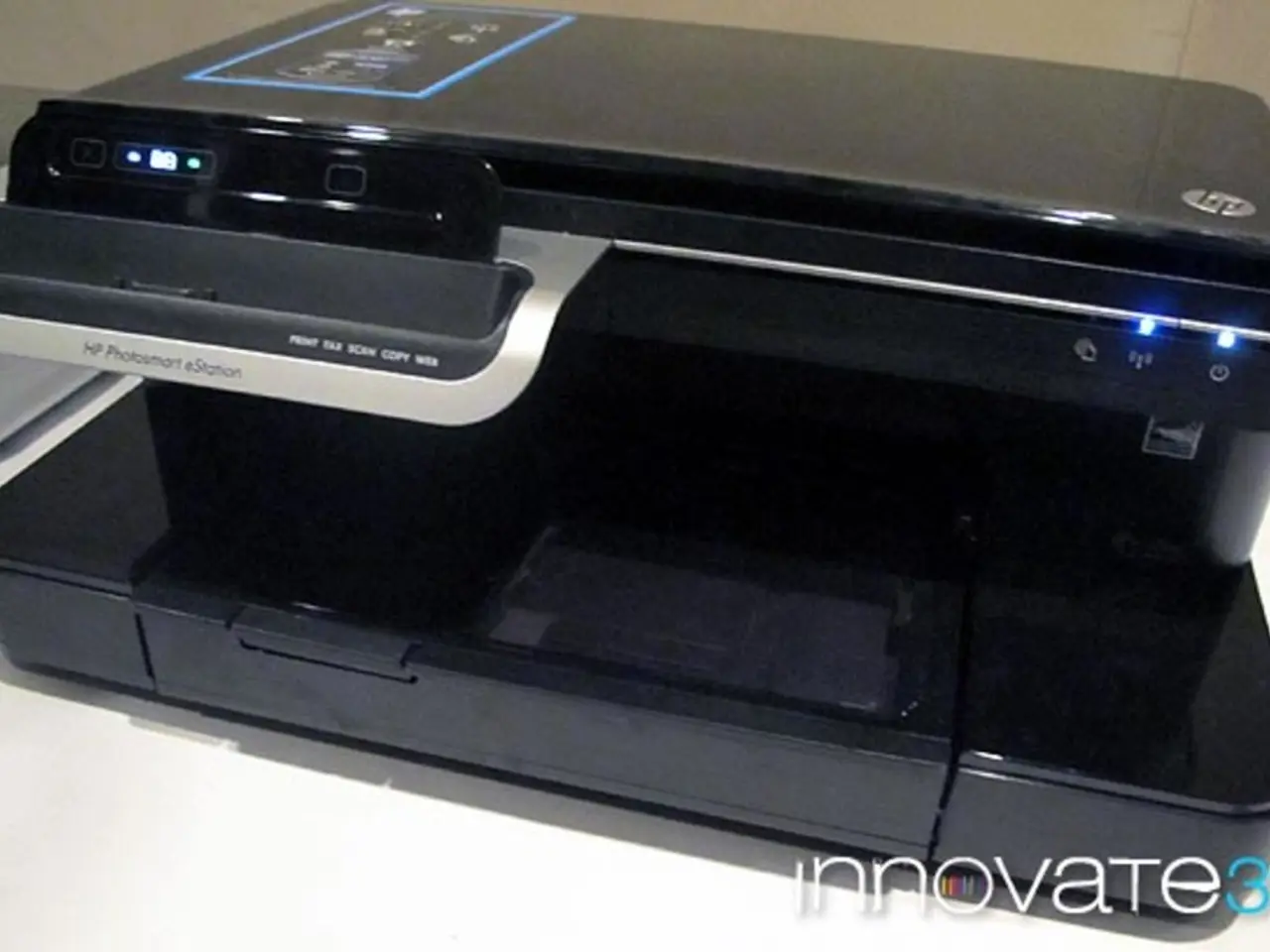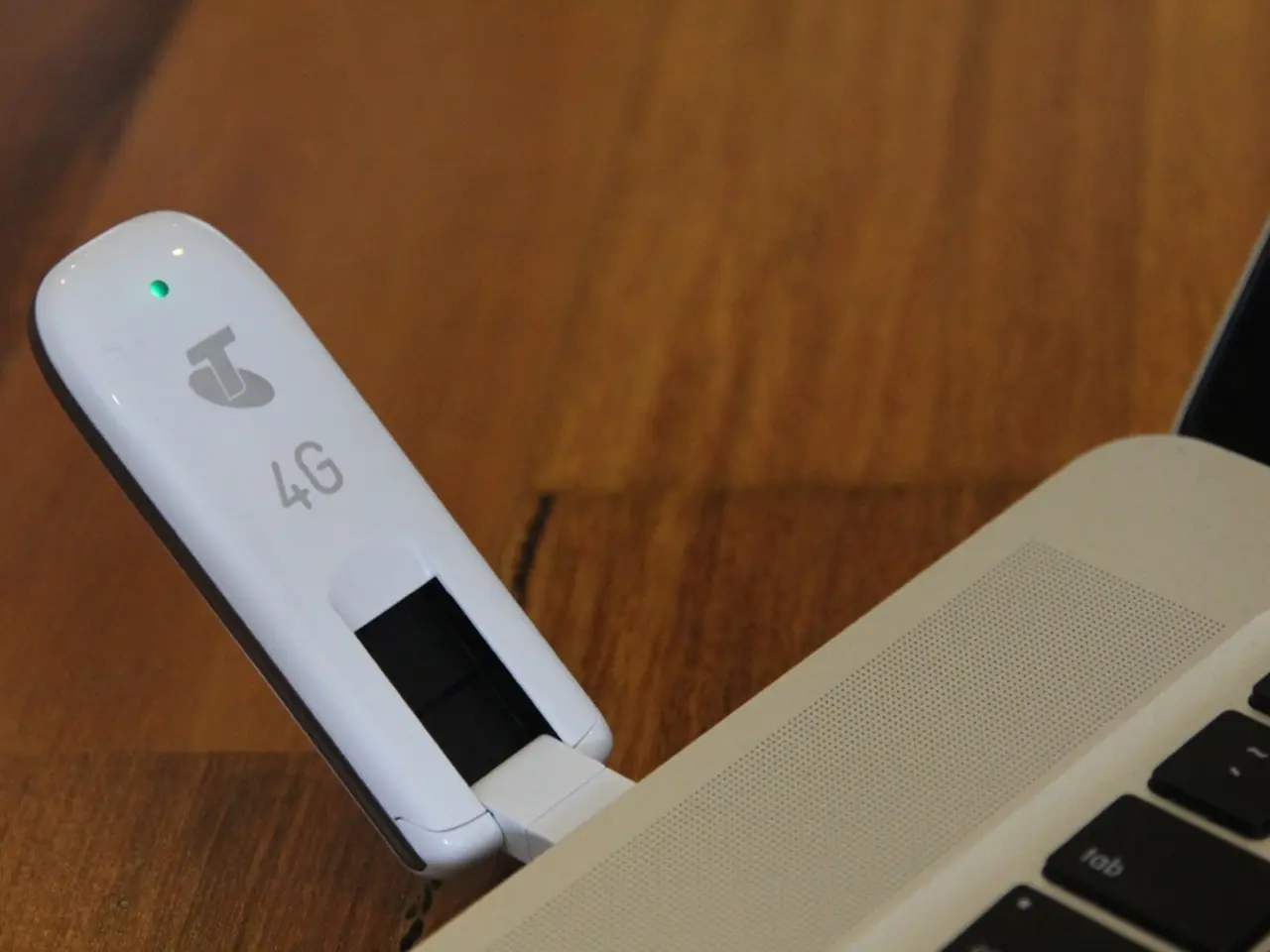Trump Overlooked Jared Isaacman for NASA Leadership Position, Yet Space Pioneer Persists in His Cosmic Endeavors
In a surprising turn of events, Jared Isaacman's nomination to lead NASA was withdrawn by President Donald Trump less than a month ago. However, the entrepreneurial spirit of the private astronaut mission commander, known for his roles in Inspiration4 and Polaris Dawn, remains undeterred.
Isaacman has now set his sights on privately funded robotic space missions, with a strong academic partnership component. His vision involves mobilizing private capital to fund small-to-midscale robotic missions, including space probes, CubeSats, and lunar landers, with scientific payloads designed and managed by top-tier universities.
During his brief nomination for NASA Administrator, Isaacman proposed that NASA could provide launch services and spacecraft infrastructure to academic partners who would develop and operate scientific instruments themselves. Although he never assumed the NASA role, he is now incubating these research-driven missions independently from the government, emphasizing philanthropic and corporate donations as a funding model.
His Polaris program exemplifies this model: the Polaris Dawn mission in September 2024, which he personally funded, carried out the first-ever private spacewalk and included about 40 scientific experiments in an orbit as high as 1,400 kilometers. This approach combines private entrepreneurship with scientific exploration, opening new avenues for advancing space science outside of traditional governmental channels.
Looking ahead, Isaacman’s strategy aims to leverage private investment to support a range of robotic missions that universities and researchers can lead, accelerating scientific knowledge and exploration at lower cost and with more flexible management. This approach may enable innovative experiments on the Moon and in Earth orbit, fostering collaboration among private donors, academic institutions, and space technology providers.
In parallel, Isaacman continues to support space education and inspire future explorers, exemplified by his recent $15 million donation to the U.S. Space & Rocket Center to fund STEM programs and build the Inspiration4 Skills Training Complex. This facility will simulate space missions and train future astronauts and scientists.
Future prospects for Isaacman’s robotic missions include expanding university-led robotic science payloads on privately funded CubeSats, lunar landers, and probes. The initiative also aims to demonstrate a sustainable private funding model for scientific space exploration, inspire more philanthropic and corporate donors to back space science efforts, complement human spaceflight missions with robotic complements to broaden scientific returns, and potentially catalyse a new era of public-private partnerships in space research outside of traditional NASA frameworks.
Isaacman's nomination to lead NASA was welcomed by the space community as the agency faces pressure to return humans to the Moon and land astronauts on Mars. Despite the withdrawal of his nomination, Isaacman's pioneering spirit and commitment to advancing space science continue to inspire and drive innovation in the industry.
- Jared Isaacman, despite having his nomination to lead NASA withdrawn, is now focusing on privately funded robotic space missions with a strong academic partnership component.
- Isaacman's vision for the future involves mobilizing private capital to fund various robotic missions, such as space probes, CubeSats, and lunar landers, with scientific payloads managed by top-tier universities.
- Isaacman's strategy aims to leverage private investment to support a range of robotic missions led by universities and researchers, potentially accelerating scientific knowledge and exploration at lower costs.
- Looking ahead, Isaacman's initiative could lead to innovative experiments on the Moon and in Earth orbit, foster collaboration among private donors, academic institutions, and space technology providers, and potentially catalyze a new era of public-private partnerships in space research.




